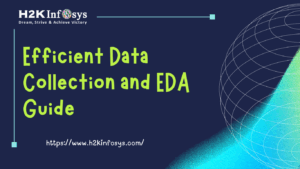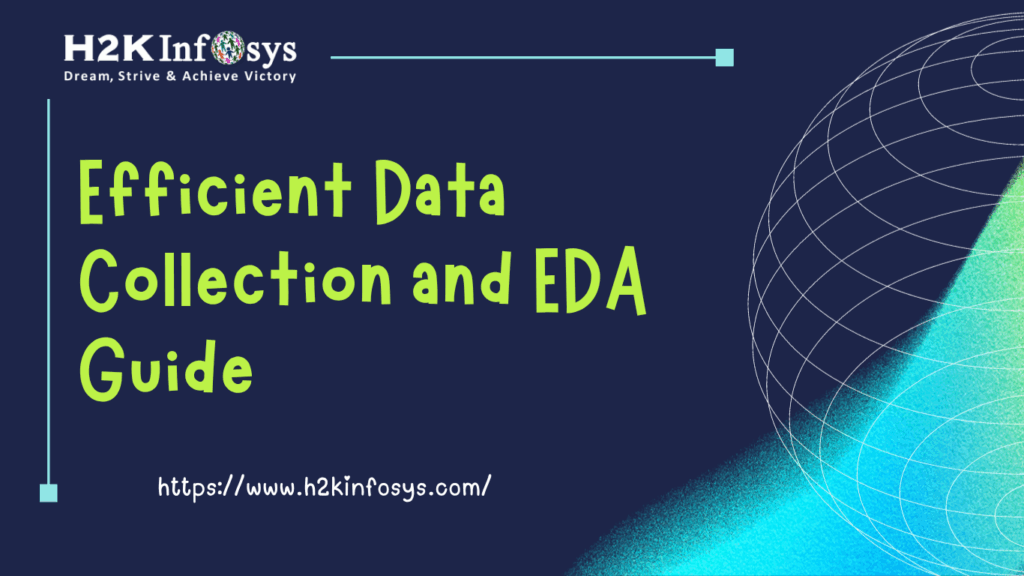A set of concepts and methodologies to enhance business decision making through the use of facts and fact-based systems are known as business intelligence. This is the talk of a new changing and growing world. Enhancing corporate analysis and decision-making is the aim of business intelligence. Business intelligence is a collection of ideas and approaches rather than just a single concept. Analytics and intuition are both used in business intelligence to make judgments especially for Business Analysts. As a beginner in Business Analysis, you can learn Business Intelligence by enrolling in a good online business analysis training program.
Business Analysts use Business intelligence (BI) to transform raw data into useful information and then further transform that information to create knowledge. After that, some helpful insights can be obtained manually or with some tools, then the decision-makers can make an impactful decision based on the insights.
To keep it short and simple, business intelligence gives correct information to the organization’s decision-makers in the proper and ethical manner.
How the business intelligence process works
Beyond BI software, a business intelligence architecture consists of other components. Business intelligence data is often kept in a data warehouse created for the entire company or in smaller data marts, which frequently have connections to an enterprise data warehouse and hold subsets of business information for specific departments and business units. Data lakes built on Hadoop clusters or other big data platforms are also being utilized more and more as repositories or landing pads for BI and analytics data, particularly for log files, sensor data, text, and other kinds of unstructured or semistructured data.
BI solutions can support both strategic and tactical decision-making processes by using data from source systems that can include both historical information and real-time data that is collected as it is generated. To guarantee that BI teams and business users are studying accurate and consistent data, raw data from many source systems typically needs to be merged, aggregated, and cleansed using data integration and data quality management technologies before it is utilized in BI applications.
Characteristics of business intelligence
- Decision-making based on facts.
- A 360-degree view of your company
- On the same page as the virtual team.
- Measurement for the purpose of developing KPIs (Key Performance Indicators) using historical data that has been fed into the system.
- Establish the benchmarks for the various processes after identifying the benchmark.
- Systems for business intelligence can be used to spot problems in the corporate world that need to be discovered and fixed as well as market trends.
- Data visualization, which improves the quality of data and, in turn, improves decision-making, is made possible by business intelligence.
Business Analysts who apply Business Intelligence are responsible for performing various functions in an organization. Here are the major roles.
1.Key business data breakdown
A business intelligence analyst may collect, clean, and analyze data on a company’s revenue, sales, market data, or customer interaction indicators. In order to better view or monitor data, BI analysts may also be asked to program tools and data models.
2.Data interpretation
A crucial component of a BI analyst’s job is identifying patterns or other areas in the data that point to prospective areas for business practice change. For instance, a BI analyst may examine market trends to determine how a business may need to modify its offering.
3.Sharing findings
Presenting findings in front of other teams or clients, creating reports, or just visualizing data in graphs and charts are all examples of sharing findings. Business intelligence analysts will also make recommendations to improve or grow the business based on their findings.
Types of Decisions Supported by Business Intelligence
Strategic Level: Any business’s strategies are decided at the strategic level by the company’s leaders.
Tactical Level: Once a strategy has been developed, all technologies and processes should be grouped together at the tactical level to handle all the intricacies and concerns. The data must also be updated consistently at this level.
Operational Level: Here, choices are made regarding operations. Operational choices assist in running the system.
Applications of Business Intelligence
- Decision-makers from various organizations participate in corporate decision-making.
- Getting insights from data mining.
- In operational management and analytical operations.
- Applied to predictive analytics.
- Applied to prescriptive analytics.
- Converting unstructured data into structured data.
- Within the decision support system.
- Within the Executive Information System (EIS).
Conclusion
There are several paths you can take to become a business intelligence analyst, but one of the most important of them is through Professional certificates or online courses. A professional certificate or course are good ways to build vital skills like data analysis or familiarity with Power BI. If you have no previous related experience required, a good online business analysis certification course can offer you the flexibility needed to learn a new field while not disrupting your life. You can also become a Certified Business Intelligence Professional (CBIP) if you have two or more years of experience in data modeling, computer information systems, systems analysis, or any other related field.





























